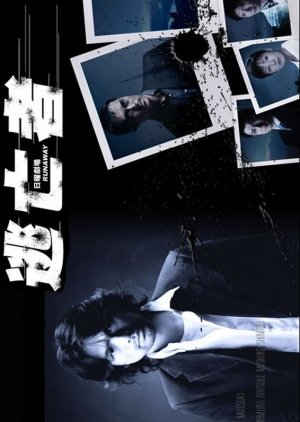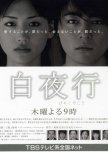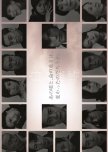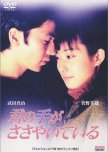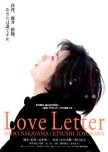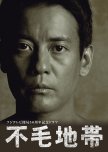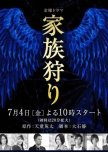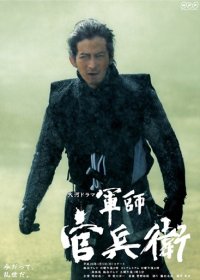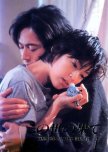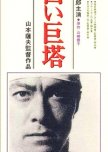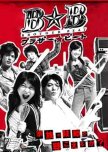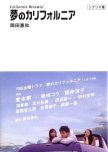
We join Nagai Tetsuo, a juvenile-parole officer, in a mad flight from the police he once closely worked with. Nagai returned home to find the aftermath of a brutal attack on his wife and son which only the child survived; despite being jumped by the culprit after, circumstances lead the detectives to lay the blame on him! When threatened with a swift death sentence and no justice in sight, our hero takes to foot—not only to clear his own name, but to find the real murderer before they make their next move. Our journey takes us through thrilling (if sometimes lucky) twists and turns, almost to the last moment. One thing this drama does excellently is throwing down evidence: something from the first episode might suddenly become shockingly relevant in the tenth. There are many instances where the viewer thinks they know something, but the detail actually refers to something else. My only problem is that certain reversals are more satisfying than others, though they all make good sense.
For those most concerned with "meh" endings when it comes to their Asian thrillers, don’t worry. I found this one well done and clear enough, though the first half could be considered rushed by some. For others more concerned with feelings as an aside to the action, the emotional aspect is given due diligence though nothing more.
Eguchi Yosuke headlines as our fugitive Nagai, physically in his prime yet slightly shackled by the mundane—if relatable—character. He looks great running, climbing, fighting, and investigating, yet I never got the feeling anything about Nagai “grew” or changed. That small complaint aside, nobody cries like Eguchi-san; he also displays a perfected, believable thousand yard stare which sent a shiver up my spine. Abe Hiroshi steals the spotlight as an Inspector Javert-esque detective, whose shocking disregard for protocol sets him aside from that great literary character in all ways but dogged pursuit. His Mineshima provides an excellent counterpoint for Nagai, almost as well as his chemistry links him with Eguchi-san. Their scenes together are some of the best. Mizuno Miki forms the third leg of the triangle, though her character felt more like a superfluous third wheel from time to time. The character is nothing special, but the actress has these expressive eyes and a knack for scenes which require physical activity. Of the remaining performers, they’re as you might expect: good, bad, and in-between.
In the introduction, I mentioned elements of the drama which come across as dated. Most noticeable among the offenders must be special effects. It seems clear a pretty penny got dropped for cinematography in general; Tobosha maintains an unfaltering silver-screen presence throughout its 11-episode run. Certain shots approach sincere beauty, such as when we witness our hero start running for the first time—his silhouette desperate against a backdrop of roaring flames. We even get an unprecedented number of extras for police chases, including actual squad cars (and also a helicopter). The problem rests almost chiefly with guns and explosions: guns spark like fireworks, while (with an exception or two) the explosions present as blatantly fake.
You know how when you buy a beloved album there’s always that song you skip? Tobosha has a soundtrack that can only be described with that type of situation. Two repeated instances struck me as cheesy, particularly this terrible almost “wild western” styled song. Almost everything else is suitable; my favorites include the piece used for “running” scenes, as well as the dramatic arrangements for big reveals. A great theme song can make or break an OST, so how lucky Toki no Fune (“Ship of Time,” as sung by a sweet-voiced Matsu Takako) was chosen for this one. It often begins to play a minute or two before the end of each episode, lending a nice amount of emotion to the final scenes. Plus, the credits themselves are worth staying to watch.
Esta resenha foi útil para você?

